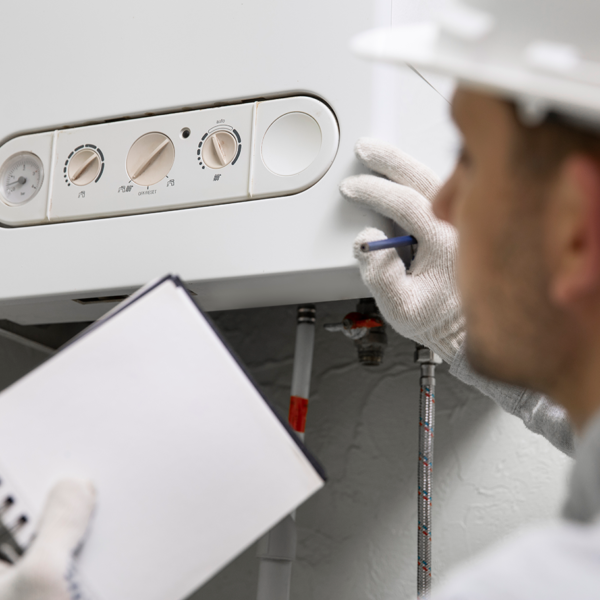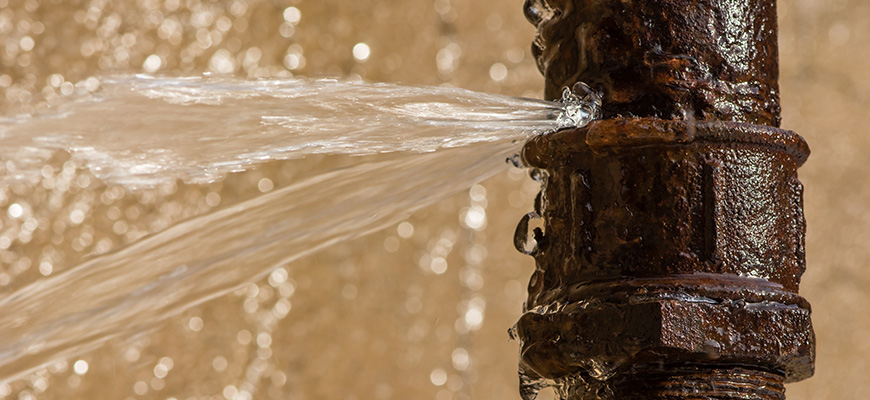Choosing the right water heater size for your home can be a daunting task. With so many options available in the market, it’s easy to feel overwhelmed. But fear not! In this ultimate guide, we’ll walk you through everything you need to know to pick the perfect water heater size for your home. From understanding your household’s hot water needs to factoring in the size and layout of your home, we’ll cover it all. We’ll also discuss the different types of water heaters available and their pros and cons, so you can make an informed decision. Whether you’re replacing an old water heater or installing a new one, this guide will equip you with all the knowledge you need to make the right choice. So, let’s dive in and find the perfect water heater size for your home!
Factors to consider when choosing the right water heater size
Before you start shopping for a new water heater, you need to consider a few key factors to determine the right size for your home. Here are some of the factors you should keep in mind:
1. Household size
The size of your household is one of the most important factors to consider when choosing a water heater. A larger household will require a larger water heater to meet their hot water needs. On the other hand, a smaller household can get by with a smaller water heater. A good rule of thumb is to estimate the number of people in your household and multiply that by 12 to determine the number of gallons of hot water you’ll need each hour.
2. Hot water usage
The amount of hot water your household uses each day will also impact the size of the water heater you need. Consider your family’s bathing habits, laundry needs, and dishwasher usage when estimating your hot water usage. If you have a large family that takes long showers and does a lot of laundry, you’ll need a bigger water heater than a household with only one or two people.
3. Peak demand
Peak demand refers to the maximum amount of hot water your household needs at any given time. This is important to consider because if your water heater can’t keep up with peak demand, you’ll run out of hot water. For example, if everyone in your household takes a shower at the same time in the morning, you’ll need a water heater that can handle that peak demand.
Understanding the different types of water heaters
Before you can choose the right size water heater for your home, you need to understand the different types of water heaters available. Here are the most common types of water heaters:
1. Storage tank water heaters
Storage tank water heaters are the most common type of water heater and are ideal for households that use a lot of hot water. These water heaters store hot water in a tank and release it when needed. The tank is insulated to keep the water hot, which means that standby heat loss can occur. This is when heat is lost through the sides of the tank, even when no hot water is being used.
2. Tankless water heaters
Tankless water heaters are becoming more popular because they take up less space and can save you money on your utility bill. These water heaters heat water on demand, which means that they don’t store hot water in a tank. This eliminates standby heat loss and ensures that you always have hot water when you need it.
3. Heat pump water heaters
Heat pump water heaters are a newer type of water heater that use electricity to move heat from the air or ground to heat the water. These water heaters are more energy-efficient than storage tank water heaters but can be more expensive upfront.
How to calculate your household’s hot water needs
Now that you understand the different types of water heaters, it’s time to calculate your household’s hot water needs. Here’s how to do it:
1. Estimate your total hot water usage
The first step is to estimate your total hot water usage. To do this, add up the hot water usage of all the appliances in your home that use hot water. This includes your dishwasher, washing machine, and shower.
2. Determine your peak demand
Next, determine your peak demand by estimating the maximum amount of hot water you’ll need at any given time. This is often in the morning when everyone is taking a shower or getting ready for work or school.
3. Calculate your required flow rate
The final step is to calculate your required flow rate. This is the rate at which your water heater will need to deliver hot water to meet your hot water needs. To calculate your required flow rate, divide your total hot water usage by the number of hours you use hot water each day.
Choosing the right water heater size based on your household’s hot water needs
Now that you have an idea of your household’s hot water needs, it’s time to choose the right water heater size. Here’s how to do it:
1. Determine the tank size
For storage tank water heaters, the tank size is the most important factor in determining the right size for your home. As a general rule, you’ll need a tank size of 10-15 gallons per person in your household. For example, a family of four would need a water heater with a tank size of at least 40-60 gallons.
2. Consider the recovery rate
The recovery rate is the rate at which the water heater can heat water. A higher recovery rate means that the water heater can heat more water per hour. For households with high hot water usage, a higher recovery rate is essential to ensure that you don’t run out of hot water.
3. Choose the right size for your needs
Ultimately, the right size for your home will depend on your hot water needs, the size of your household, and your budget. Consider all of these factors when choosing the right water heater size for your home.
Common mistakes to avoid when selecting a water heater size
There are a few common mistakes that homeowners make when selecting a water heater size. Here are some of the most common mistakes to avoid:
1. Underestimating your hot water needs
One of the biggest mistakes homeowners make is underestimating their hot water needs. This can lead to a water heater that is too small for your household, which can result in running out of hot water.
2. Overestimating your hot water needs
On the flip side, overestimating your hot water needs can lead to a water heater that is too large for your household. This can result in wasted energy and higher utility bills.
3. Failing to consider installation requirements
Another common mistake is failing to consider the installation requirements of the water heater. Tankless water heaters, for example, require a certain amount of space and may require additional plumbing or electrical work.
Installation considerations for your water heater
When it comes to installing your water heater, there are a few things to keep in mind:
1. Location
The location of your water heater is important. It should be installed in a well-ventilated area with adequate space around it.
2. Plumbing requirements
Make sure you have the necessary plumbing in place before installing your water heater. This includes the hot and cold water supply, as well as any additional plumbing required for a tankless water heater.
3. Electrical requirements
If you’re installing an electric water heater, make sure you have the necessary electrical requirements in place. This includes the correct voltage and amperage.
Maintenance tips for your water heater
Proper maintenance is essential to ensure the longevity and efficiency of your water heater. Here are some maintenance tips to keep in mind:
1. Drain the tank
Drain the tank at least once a year to remove any sediment buildup.
2. Check the anode rod
The anode rod helps prevent corrosion in the tank. Check it annually and replace it if necessary.
3. Inspect the pressure relief valve
The pressure relief valve helps prevent the tank from exploding. Inspect it annually and replace it if necessary.
Conclusion and final thoughts
Choosing the right water heater size for your home is essential to ensure that you have a steady supply of hot water. By considering factors such as your household size, hot water usage, and peak demand, you can choose the right water heater size for your needs. Remember to also consider the different types of water heaters available and their pros and cons. With proper installation and maintenance, your water heater can provide you with years of reliable service.
Click to Learn More!


